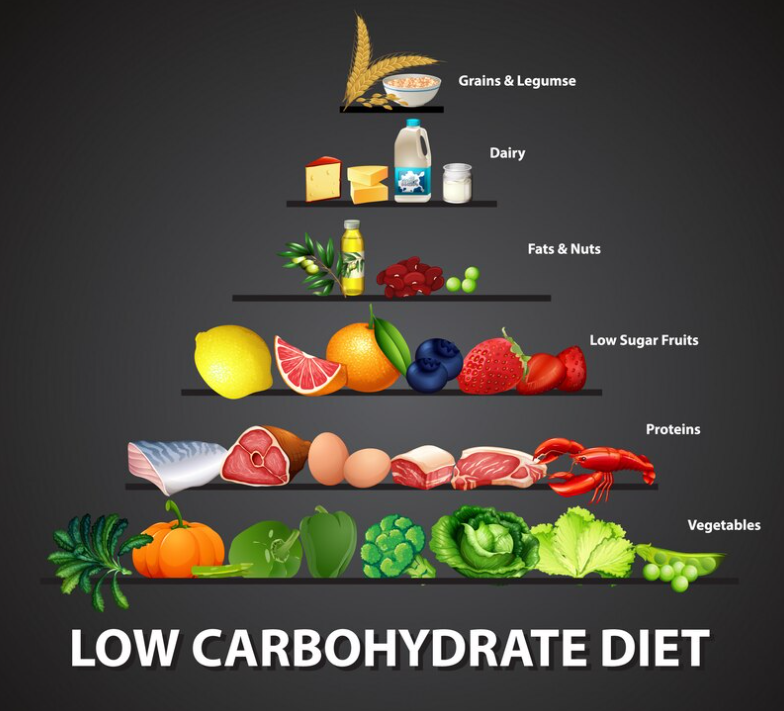
Diet and Nutrition Tips for Peptic Ulcers
Introduction: Dealing with peptic ulcers can be tough, but did you know that certain foods and dietary habits can help ease your symptoms and promote healing? Let’s dive into some simple diet and nutrition tips that can make a big difference when managing peptic ulcers.
1. Stick to a Bland Diet: When you have a peptic ulcer, it’s best to avoid spicy, acidic, and heavily seasoned foods. Instead, opt for bland, non-acidic options like oatmeal, bananas, rice, boiled potatoes, and plain yogurt. These foods are gentle on your stomach and less likely to irritate your ulcer.
2. Say No to Trigger Foods: Certain foods and beverages can trigger or worsen peptic ulcer symptoms. These include spicy foods, citrus fruits and juices, tomatoes, caffeinated beverages like coffee and tea, alcohol, and carbonated drinks. Try to steer clear of these triggers to prevent discomfort.
3. Eat Small, Frequent Meals: Instead of three large meals a day, aim to eat smaller meals more frequently throughout the day. This can help reduce the amount of acid your stomach produces and prevent irritation to your ulcer. Be sure to eat slowly and chew your food thoroughly to aid digestion.
4. Incorporate High-Fiber Foods: Fiber-rich foods like fruits, vegetables, whole grains, and legumes can help keep your digestive system healthy and promote regular bowel movements. Just be mindful of fibrous foods that may be difficult to digest, such as raw vegetables and tough cuts of meat.
5. Stay Hydrated: Drinking plenty of water throughout the day is essential for maintaining good digestive health, especially when you have a peptic ulcer. Aim to drink at least 8-10 glasses of water daily to stay hydrated and support your body’s healing process.
6. Avoid Eating Before Bedtime: To prevent acid reflux and discomfort, avoid eating large meals or snacks right before bedtime. Instead, try to finish your last meal or snack at least two to three hours before you lay down for the night.
Conclusion: While diet alone may not cure peptic ulcers, making smart food choices can help ease your symptoms and support healing. By following these simple diet and nutrition tips, you can better manage your peptic ulcers and improve your overall quality of life.
To seek medical advice, always consult a Doctor. Here are our recommended experts. Click Here
To read more on Peptic ulcer. Click Here


